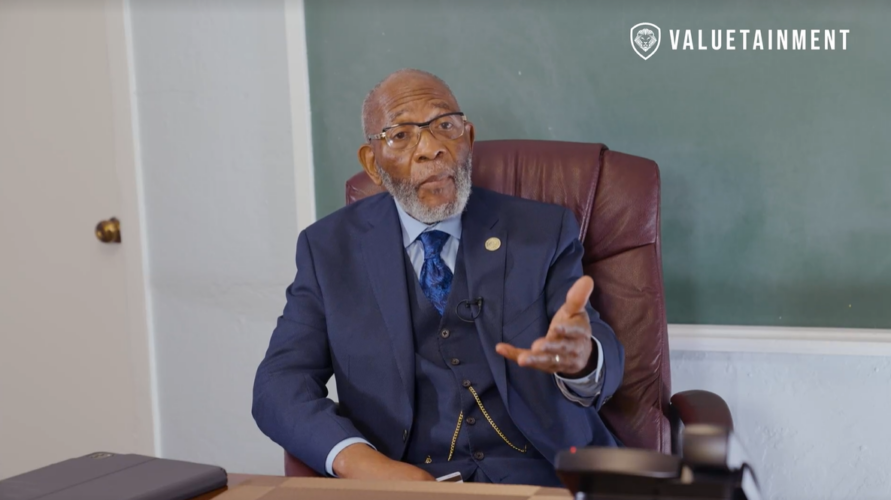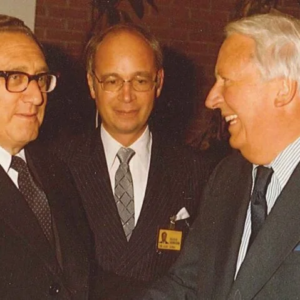The state of California is likely to take an historic first step by approving the first ever statewide reparations plan, with taxpayers footing the bill to the tune of $800 billion.
In the wake of the George Floyd murder, Governor Gavin Newsom felt that something had to be done. So he made it the taxpayer’s problem.
In 2020, Newsom created the California Reparations Task Force to address what he perceived as growing inequality and racial injustice across the state.
The Democrats have a super majority in the legislature, and most of them have been supportive of Newsom’s agenda.
On July 1st, they are expected to pass the plan the Reparations Task Force just approved on Saturday.
The bill doesn’t seem to make anyone happy. It has activists on the right feeling that the state cannot afford something that adds up to twice the amount of California’s annual budget, particularly when the state operates at a $22.5 billion dollar deficit.
But activists on the left feel the proposal doesn’t go far enough. They instead point to the San Francisco version of the plan. The African American Reparations Advisory Committee is pushing for their city’s board of supervisors to approve a $5 million dollar payout per black person living in San Francisco. That would total about $100,000 directly in the hands of each black resident a year. The statewide proposal gives 1.2 million dollars to each black resident, but in their plan, they would have to be directly descended from a slave.
Reverend Tony Pierce, testifying at the meeting, said these payments were “nowhere near enough,” and demanded that each black resident of California get a total lifetime $200 million payout each. He says that $200 million is today’s equivalent of 40 acres and a mule.
But one noted activist falls in the middle. Valuetainment went out to San Francisco and spoke with Reverend Amos Brown, president of the city’s NAACP. He also is the vice chair of the statewide commission that just sent their proposal to the state legislature. Brown has some credibility to say the least. He was a student of Dr. Martin Luther King’s. He led the first civil rights lunch counter sit-ins back in 1959. He hosted Nelson Mandela on one of his visits to the United States.
The exact details of the statewide proposal have yet to be officially hashed out. Most likely it will be direct cash payments, but not necessarily. Rev. Brown tells Valuetainment he supported reparations, but only in the form of improving education and infrastructure for black residents. Not a direct cash payout.
Take a look:


















Add comment